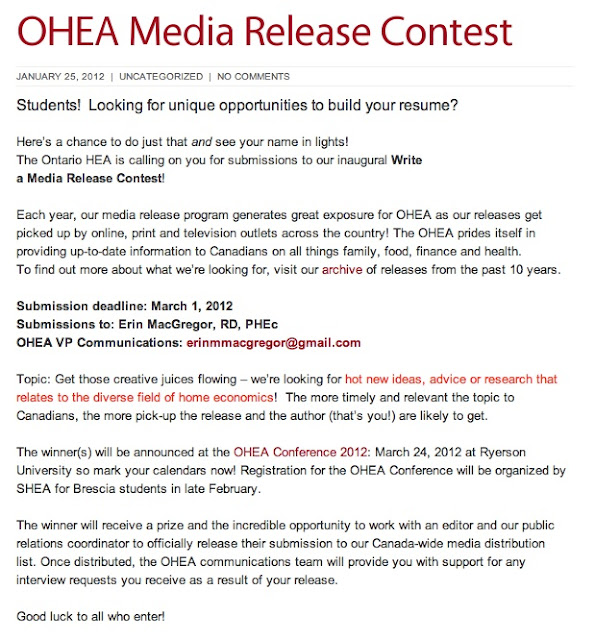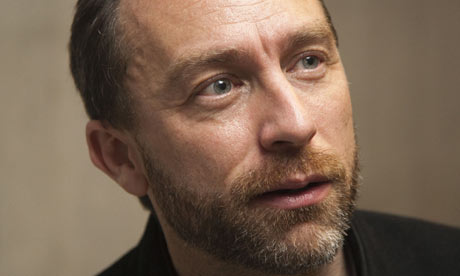So, this is why I ask you to be critically literate and to critically think about your contributions.
 |
| Image from Harold Jarche. |
Besides the tips and examples I will show in the lecture, have a read of these notes from Copy Blogger who succinctly summarises some key aspects of critical literacy:
Little Details MatterPay attention to words like ‘may’, ‘can’, and ‘will’. There’s a huge difference between something thatwill [insert marvelous benefit here] and something that might do the same. Never accept anything at face value.You can also follow these suggestions:
Question the AuthoritiesIf a piece of content quotes an expert to help support the argument or conclusion, ask questions. What qualifies the individual to give advice? What credentials does the person have to make claims? Why is he or she an authority on the subject?
Sweeping Away StatementsOver-generalization usually discredits an argument’s validity from the get-go. Knock down sentences that use words like ‘all’ and ‘everyone’. Not all people do, and not everyone knows. More careful wording such as ‘most’ and ‘some’ pass muster more easily.
Scarecrows and Straw MenWatch out for fallacies. Fallacies are the tricky smoke and mirrors that divert attention from true critical thinking. There are a ton of fallacies, all built to deflect, detract, divert and discredit arguments without really doing so.
Let Down Your GuardOne of the biggest obstacles to creative thinking is bias, also the enemy of critical thinking. Your values, emotions, desires and experiences influence your beliefs and your ability to have an open mind. Set them aside and take the time to ponder information you receive wholeheartedly.
A last note: Be prepared to accept that someone’s arguments are true. Debating validity can be fun; it doesn’t always mean that you’re right.
 |
| Image from DocStock presentation found here. |








